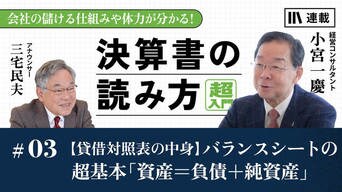Q. Why don’t Japanese use the word “no”?
日本人はなぜ、はっきり「ノー」を言わないの?
A. Because if they say “no” they fear that the conversation (discussion) would end. They want to continue the communication.
「ノー」を言ったら、会話が終わってしまう気がするからです。コミュニケーションを続けたいと思ってるんです。(クリフさん)
●言葉:fear「恐れる」、conversation「会話」
●表現:want to~「~したい」
Q. Why do the Japanese eat buckwheat noodles on New Year’s Eve?
大みそかに、おそばを食べるのはどうして?
A. The custom of eating long noodles on New Year’s Eve is a symbolic gesture to wish for a long and fortunate life.
大みそかに長い麺を食べる習慣には、長寿や多幸を願う意味が込められています(江口さん)
●言葉:buckwheat noodle「そば」、New Year’s Eve「大みそか」
●表現:the custom of~「~する習慣」、symbolic gesture to~「~を象徴する行為」
Q. Why do many Japanese use a cover for the book they’re reading?
どうして本にカバーを付けて読んでる人が多いの?
A. The careful wrapping of purchased items is an important service at Japanese stores. At bookstores, this service includes placing a paper cover on purchased books. The custom started in the early 20th century, and is now expected by many customers.
日本の店では購入した品を丁寧に包装するのが重要なサービスです。その一環として書店では、本にカバーを付けるサービスがあります。大正時代に始まった習慣で、今では多くの客が望むサービスになっています。(江口さん)
●言葉:custom「習慣」、paper cover「(書店で付ける)カバー」、customer「顧客」
Q. Why do we need to take off our shoes?
どうして靴を脱がなくちゃいけないの?
A. When we take off our shoes, we feel like we can relax. You don’t have to worry about your shoes. No one will steal them. If you have holes in your socks, people might laugh, but it’s okay.
靴を脱ぐとリラックスした気分になります。誰も靴を盗んだりしないので心配ありません。靴下に穴が開いていると笑われるかもしれませんが気にしなくて大丈夫です。(セインさん)
●言葉:relax「くつろぐ」、steal「盗む」、hole「破れ穴」
●表現:take off「(衣類・靴などを)脱ぐ」、you don’t have to~「~する必要はない」



